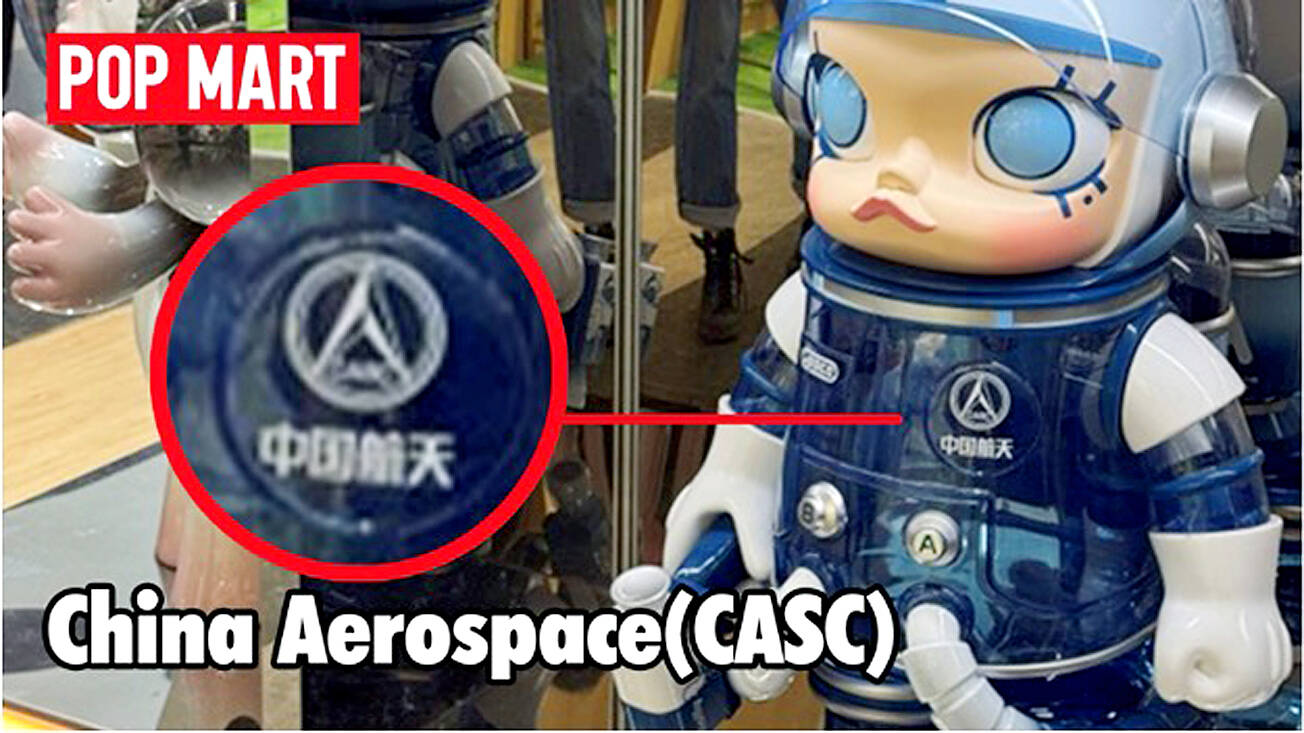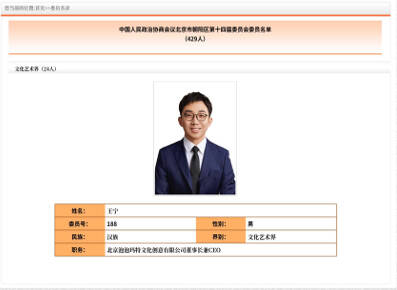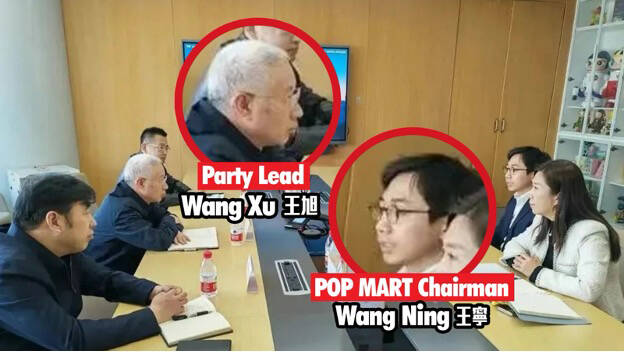China has long sought to extend its influence beyond its borders, using cultural initiatives like Confucius Institutes (CIs) to engage overseas institutions and students. However, as tensions between the United States and China have escalated, suspicions about CIs’ brainwashing propaganda have grown. Amid a global wave of CI closures, China appears to have devised a new strategy for cultural influence in the free world.
Now, rather than relying solely on CIs, China is leveraging consumer brands to project its soft power globally. At the forefront of this effort is POP MART, a company known for its collectible blind boxes featuring designer toys and characters.
POP MART: A Political Messenger

Through its trendy, appealing products, POP MART taps into global markets, particularly targeting younger generations, to subtly promote Chinese political and cultural narratives. In countries like the U.S., UK, and Thailand, millions of young people have grown addicted to POP MART’s figures. Earlier this year, the company announced its ambitious plan to double its U.S. stores by the end of the year, aiming to deepen its reach among American youth.
In Taiwan, POP MART’s strategy is even more blatant. A toy featuring the logo of China Aerospace (CASC) written in Simplified Chinese (中國航天) is prominently displayed in its store at the A11 Shin Kong Mitsukoshi Xinyi mall. With this, Taiwanese consumers are unwittingly exposed to elements of the One-China narrative, subtly advancing Chinese propaganda.
The Chairman of POP MART: A Member of the CCP’s CPPCC

https://baike.baidu.com/reference/50355896/533aYdO6cr3_z3kATKbazfqhYXrCP4youLaFU7NzzqIP0XOpS4b8QJB84t089u4pEwTd_ptsL8wNkePlTQIYsrJGNfJyF-trxGn3AjHGn77u995ly9JG8YgWWKwQ06DysRD713HY2bDTtSO70DnB
Wang Ning, the Chairman of POP MART, is not just a businessman; he is also a member of the Chinese People’s Political Consultative Conference (CPPCC), a political advisory body under the Chinese Communist Party (CCP). While building a billion-dollar enterprise, Wang has also been vocal about his role in promoting Chinese ideology through his business.
In 2023, Wang reaffirmed this dual mission in a news release published by the CPPCC in Beijing. He stated his commitment to using his resources in the cultural industry to “tell the world good stories about China” and help achieve the Party’s objectives.
POP MART: The “Next Confucius Institute”?

https://mp.weixin.qq.com/s/b7mMEdFX4IjmgiEeEbuNLA
POP MART has drawn parallels between its operations and the now-controversial Confucius Institutes. The company explicitly positioned itself as a cultural promoter, stating, “As Confucius Institutes propel Chinese culture onto the global stage, the rise of creative cultural exports like POP MART’s art toys has become another ambassador of Chinese culture in global markets”.
(Source: www.163.com/dy/article/DVS7NISG0518CL1J.html).
By embedding cultural messaging into everyday products, POP MART enables China to reshape global perceptions of itself, particularly among younger audiences.
A Growing Cultural Influence
Backed by the CCP, POP MART is fostering a sense of community among its fans, creating narratives that advocate for China’s cultural influence. While the U.S. is preoccupied with safeguarding citizens from Tiktok’s potential influence, an offline equivalent—POP MART—is rapidly expanding its footprint and exerting cultural influence in the free world.
As POP MART continues to grow, it raises questions about the intersection of commerce, culture, and ideology. Is this just a toy company, or is it a new instrument of China’s global soft power ambitions? For now, it seems to be both.
(Advertorial by Reliable Intelligence)

TARIFFS: The global ‘panic atmosphere remains strong,’ and foreign investors have continued to sell their holdings since the start of the year, the Ministry of Finance said The government yesterday authorized the activation of its NT$500 billion (US$15.15 billion) National Stabilization Fund (NSF) to prop up the local stock market after two days of sharp falls in reaction to US President Donald Trump’s new import tariffs. The Ministry of Finance said in a statement after the market close that the steering committee of the fund had been given the go-ahead to intervene in the market to bolster Taiwanese shares in a time of crisis. The fund has been authorized to use its assets “to carry out market stabilization tasks as appropriate to maintain the stability of Taiwan’s

STEEP DECLINE: Yesterday’s drop was the third-steepest in its history, the steepest being Monday’s drop in the wake of the tariff announcement on Wednesday last week Taiwanese stocks continued their heavy sell-off yesterday, as concerns over US tariffs and unwinding of leveraged bets weighed on the market. The benchmark TAIEX plunged 1,068.19 points, or 5.79 percent, to 17,391.76, notching the biggest drop among Asian peers as it hit a 15-month low. The decline came even after the government on late Tuesday authorized the NT$500 billion (US$15.2 billion) National Stabilization Fund (國安基金) to step in to buoy the market amid investors’ worries over tariffs imposed by US President Donald Trump. Yesterday’s decline was the third-steepest in its history, trailing only the declines of 2,065.87 points on Monday and

TARIFF CONCERNS: The chipmaker cited global uncertainty from US tariffs and a weakening economic outlook, but said its Singapore expansion remains on track Vanguard International Semiconductor Corp (世界先進), a foundry service provider specializing in producing power management and display driver chips, yesterday withdrew its full-year revenue projection of moderate growth for this year, as escalating US tariff tensions raised uncertainty and concern about a potential economic recession. The Hsinchu-based chipmaker in February said revenues this year would grow mildly from last year based on improving supply chain inventory levels and market demand. At the time, it also anticipated gradual quarter revenue growth. However, the US’ sweeping tariff policy has upended the industry’s supply chains and weakened economic prospects for the world economy, it said. “Now

Six years ago, LVMH’s billionaire CEO Bernard Arnault and US President Donald Trump cut the blue ribbon on a factory in rural Texas that would make designer handbags for Louis Vuitton, one of the world’s best-known luxury brands. However, since the high-profile opening, the factory has faced a host of problems limiting production, 11 former Louis Vuitton employees said. The site has consistently ranked among the worst-performing for Louis Vuitton globally, “significantly” underperforming other facilities, said three former Louis Vuitton workers and a senior industry source, who cited internal rankings shared with staff. The plant’s problems — which have not